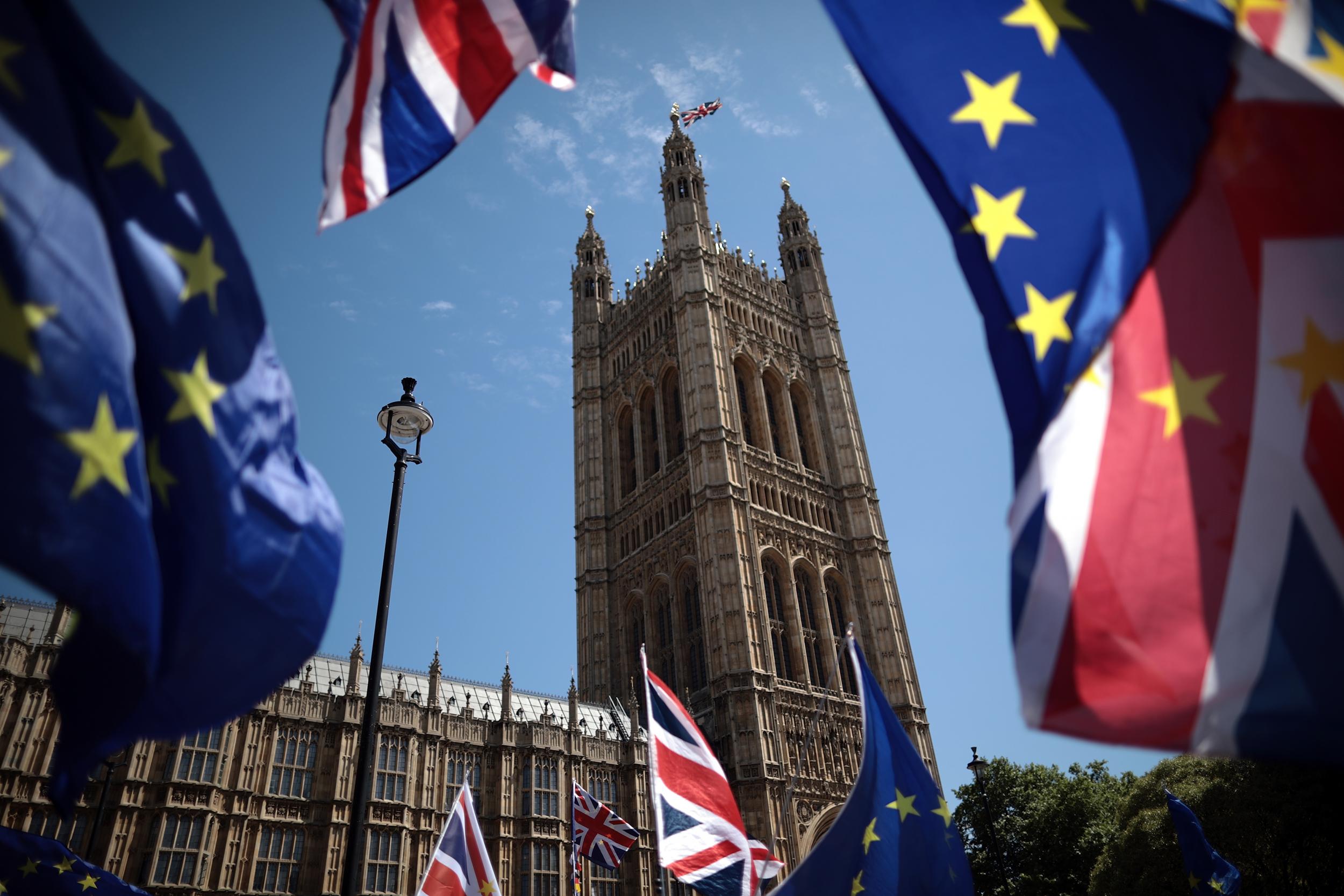What is going on with Brexit during the coronavirus crisis?
The government has admitted there will be border controls at Northern Ireland ports, which will come into effect whether there is a trade deal with the EU or not, writes John Rentoul


Because everyone’s attention has switched from one all-consuming news story to another, it is hard to keep track of what is happening to Brexit. You could be forgiven for having forgotten that Britain has left the EU, because nothing changed at the end of January, and then the coronavirus came.
However, the Brexit story goes on, even though little has happened. This week the government confirmed that there would be border controls at three ports in Northern Ireland: Belfast, Warrenpoint and Larne.
This is because the Ireland protocol of the withdrawal agreement said there would have to be checks on goods going between Northern Ireland and the rest of the UK, so that there could be an open border between Northern Ireland and the EU, that is, the Republic of Ireland. This applies whether or not the UK and EU agree a trade deal, and will come into effect at the end of the transition period, of which more in a moment.
But first the border checks. These should not be a surprise. The protocol specified that there would have to be checks on goods arriving in Northern Ireland from Great Britain. This was known as “the border in the Irish Sea”, but in practice the checks were always going to have to be carried out either at Northern Irish ports or the ports of departure (mostly in Scotland), and it makes more sense to do it on arrival.
What we still do not know is what the procedures will be for goods going in the other direction, from Northern Ireland to the rest of the UK. It is on this traffic that Boris Johnson insisted during the election campaign there would be no new paperwork. He said that if any business person was asked to fill in a form he would “direct them to throw that form in the bin”.
At the time, however, Stephen Barclay, the Brexit secretary, accepted that such goods will require “exit summary declarations”. Michael Gove, the Cabinet Office minister, now talks about “light-touch checks which will ensure all requirements can be met”.
The prime minister’s spokesperson said yesterday: “Beyond the limited changes introduced by the protocol, there will be no changes to GB/NI trade.” In other words, there will be additional paperwork on goods going in both directions.
As for when these changes will be made, it seems more likely now that this will be at the end of the year. Under the withdrawal agreement, the UK government has until the end of next month to notify the EU if it wants to seek an extension to the Brexit transition period, which otherwise expires on 31 December.
Despite the strongly held view of many Remainers that the coronavirus crisis makes an extension essential, and despite the apparent lack of progress in negotiating a trade deal to take effect at the end of the year, Johnson is adamant that he will not be making that request. What has changed this week, though, is that Keir Starmer as leader of the opposition is not pressing for an extension, saying he would rather Johnson completed the negotiations “as quickly as possible”.
Perhaps the prime minister will change his mind at the last moment, and ask for more time before the end of June, but it looks increasingly as if the transition period will end on 31 December, whether or not there is a trade deal.
Thus Northern Ireland will remain for some purposes part of the EU single market, and new burdens will be imposed not just on trade between the UK and the EU, but on goods moving between Northern Ireland and the rest of the UK.
Join our commenting forum
Join thought-provoking conversations, follow other Independent readers and see their replies
Comments